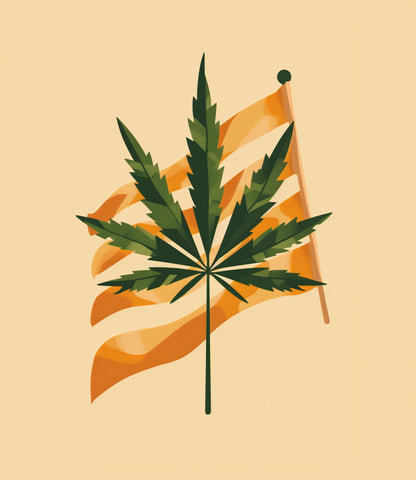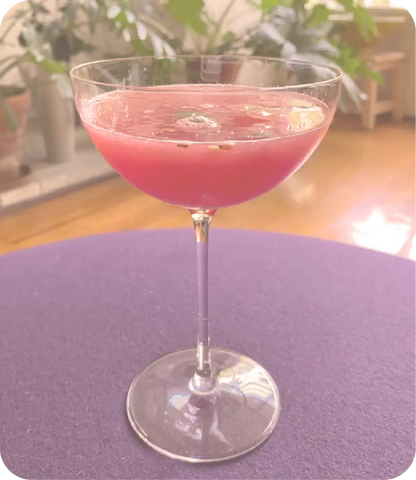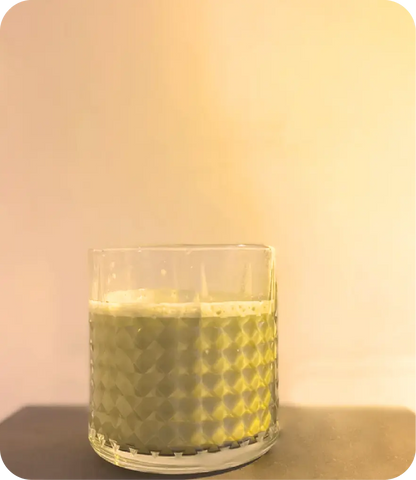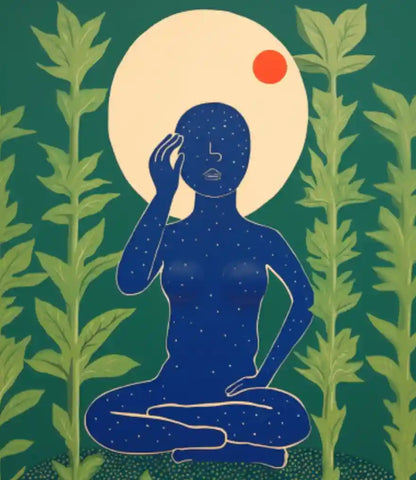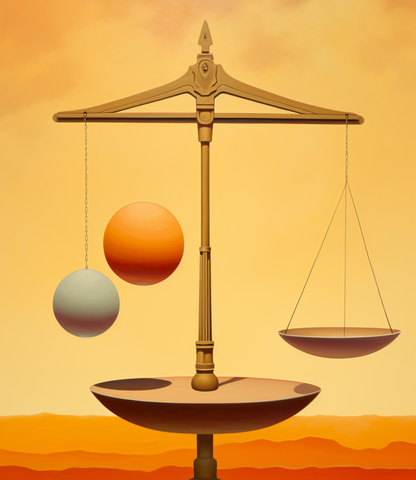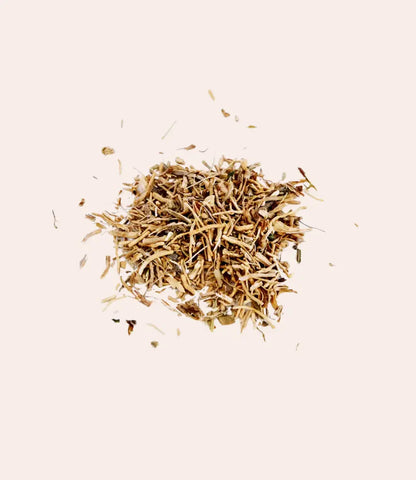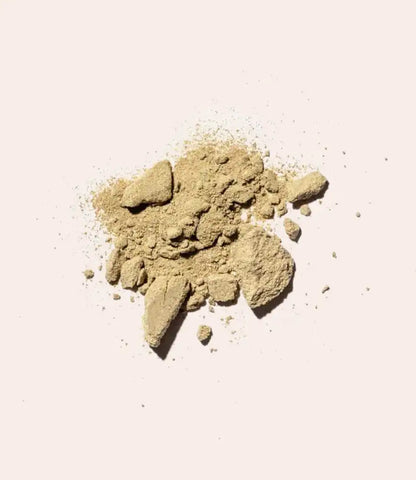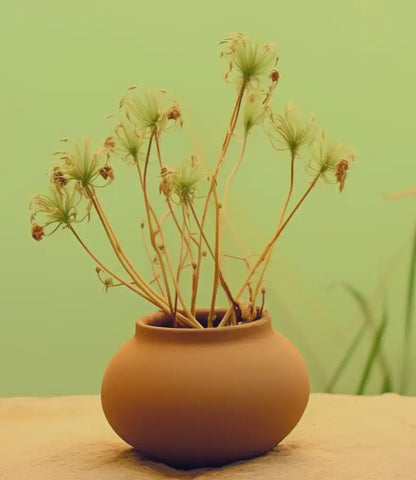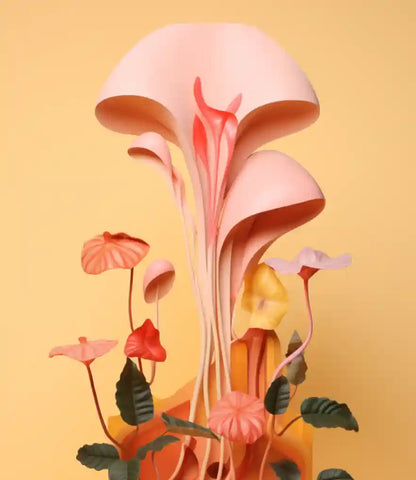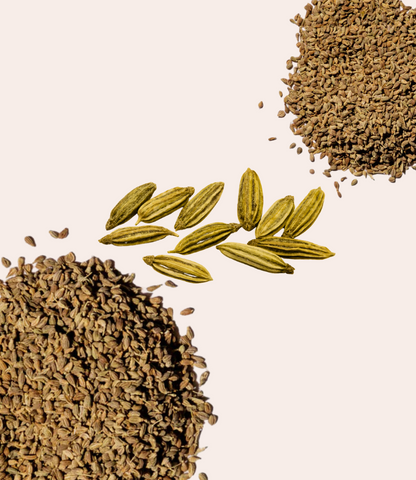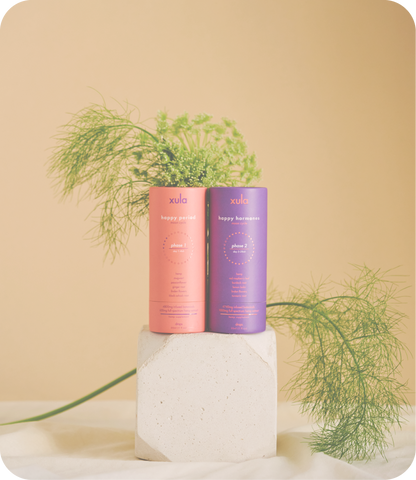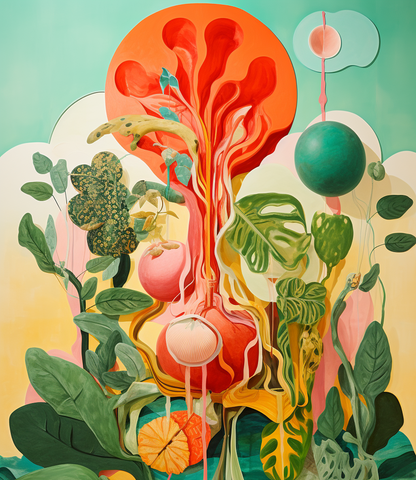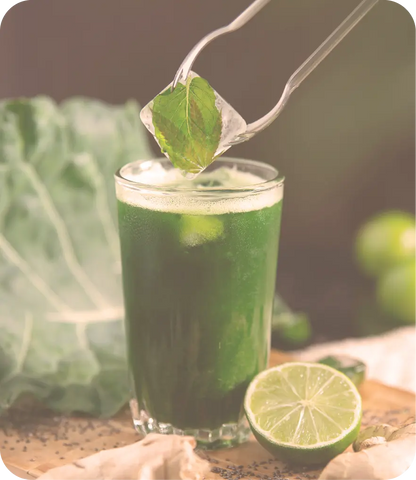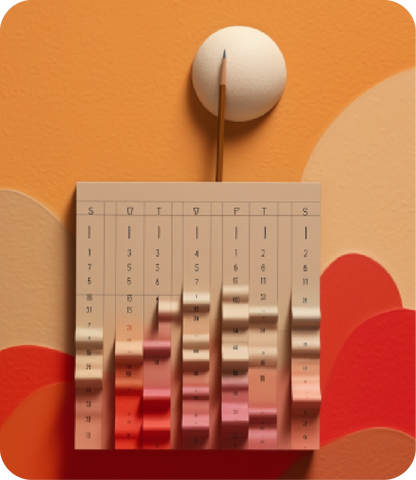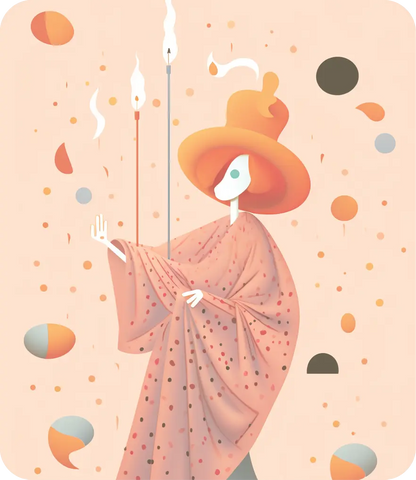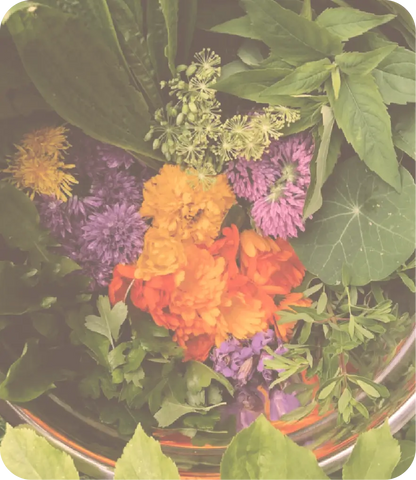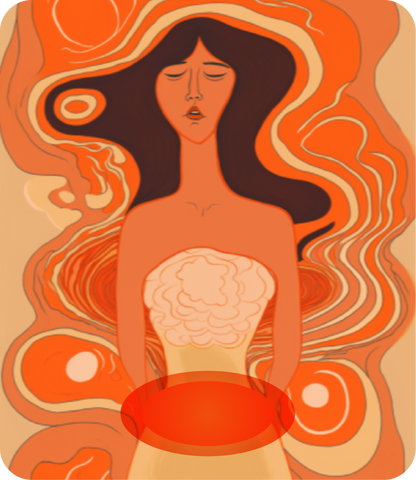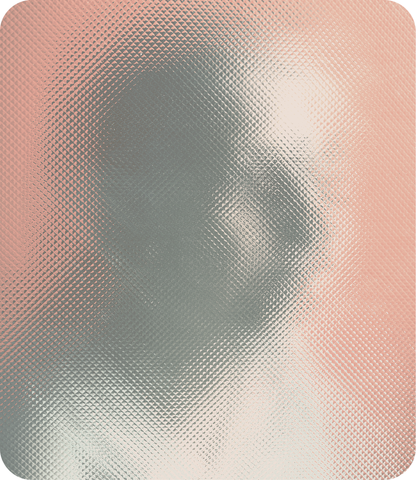
Valerian Root: From Ancient Remedies to Modern Relaxation
Valerian root has a long and storied history of medicinal use dating back to ancient times. Its use as a herbal remedy can be traced to ancient Greek and Roman civilizations. The plant’s scientific name, Valeriana officinalis, is derived from the Latin word “valere,” meaning “to be strong” or “healthy,” highlighting its historical association with promoting well-being.
Ancient Greece and Rome
In ancient Greece, Valerian root, known as “phu” in Greek, was highly regarded for its medicinal properties. The Greek physician Dioscorides, in the 1st century AD, mentioned Valerian in his renowned herbal text “De Materia Medica.” He recommended the root for its calming effects and prescribed it as a treatment for insomnia and nervous disorders. Valerian root was often used to help individuals find relief from anxiety, stress, and restlessness. It was prepared as a herbal infusion or decoction, and the soothing brew was consumed to promote relaxation and tranquility.
In ancient Rome, the Valerian root, known as “Valeriana” was also valued for its calming and sedative properties. The Roman physician Galen, who lived in the 2nd century AD, praised the herb for its ability to ease restlessness and promote a good night’s sleep. Valerian root was frequently used to address symptoms of insomnia and was considered a valuable remedy for individuals experiencing sleep disturbances. Roman herbalists and physicians recommended preparations of Valerian root to their patients to help alleviate anxiety and nervous tension.
Both ancient Greeks and Romans recognized Valerian root as an essential herbal remedy for the well-being of the mind and body. Its reputation as a natural sedative and anxiolytic agent made it widely used among people seeking relief from the stresses of daily life. In addition to its calming effects, Valerian root was also considered beneficial for addressing various digestive complaints, such as stomach cramps and indigestion. The use of Valerian root as a therapeutic herb in ancient times reflects its enduring reputation as a natural remedy for relaxation and promoting a sense of tranquility, a reputation that has persisted throughout the ages.
Traditional Chinese medicine
In traditional Chinese medicine (TCM), Valerian root, known as “Gong Song” or “Xi Xin Jiu,” has been valued for centuries for its calming and balancing properties. It is considered a cooling herb that helps to clear heat and disperse stagnation within the body’s energetic system. TCM practitioners often use Valerian root to address imbalances related to the Liver and Heart meridians, which are associated with emotional well-being and sleep patterns. By helping to calm the Shen (spirit) and harmonize the liver, Valerian root is believed to promote relaxation and alleviate sleeplessness.
In TCM, Valerian root is commonly used to support the treatment of insomnia and sleep disturbances. It is believed to have a sedative effect on the nervous system, which helps calm the mind and induce sleep. TCM practitioners may prescribe Valerian root in combination with other herbs to create a balanced formula tailored to the individual’s specific needs. The herb’s ability to calm excessive Liver Qi and nourish the Heart Blood contributes to its effectiveness in promoting a more restful and peaceful sleep.
Beyond its role in sleep support, Valerian root is also employed in TCM to address certain pain conditions, particularly those related to headaches and menstrual discomfort. It is believed to have analgesic properties and can help alleviate pain caused by Qi stagnation or Blood stasis. TCM practitioners may use Valerian root as part of a holistic approach to managing these types of pain, focusing on restoring the body’s natural balance and addressing the underlying causes of the discomfort.
In traditional Chinese medicine, Valerian root’s use is deeply rooted in the concept of promoting harmony and balance within the body’s energy systems to enhance overall well-being and address specific health concerns. As with all herbal remedies, its usage is carefully tailored to each individual’s unique constitution and condition.
Actual Uses
Valerian root is commonly used today as a herbal supplement to promote relaxation and support better sleep. It is available in various forms, including capsules, tablets, extracts, and teas. Many people turn to Valerian root as a natural remedy to help ease mild anxiety, reduce nervous tension, and improve sleep quality. When taken as a dietary supplement, Valerian root’s sedative effects are thought to be due to its interactions with neurotransmitters in the brain, such as gamma-aminobutyric acid (GABA), which plays a role in regulating relaxation and sleep. It is important to follow recommended dosages and consult with a healthcare professional before using Valerian root, especially when combining it with other medications or supplements.
Valerian root’s relaxing properties have made it a popular ingredient in herbal teas and natural sleep aids. It is often used as an alternative to synthetic sleep medications for those seeking a more natural approach to improving sleep quality. Valerian tea, made by steeping dried Valerian root in hot water, is a s beverage that may help individuals unwind before bedtime. Some individuals find relief from mild insomnia and restlessness by consuming Valerian tea or taking Valerian root supplements. However, individual responses to Valerian root can vary, and while some people experience improved sleep patterns, others may not find the same level of benefit. As with any herbal remedy, it’s essential to understand your specific health needs and consult with a healthcare professional to determine if Valerian root is a suitable option for you.
Energetics: Warming (increasing blood flow), Slightly Drying, Moving (due to aromatic compounds)
Actions: Sedative, Antispasmodic (Relaxes spasms & cramps), Nervine (Calms nervous system), Hypnotic (Sleep-inducing)
Found In: Lights Out
Sources
(n.d.). Valerian - Uses, Side Effects, and More. Web MD. https://www.webmd.com/vitamins/ai/ingredientmono-870/valerian
(n.d.). Valerian. NCCIH. https://www.nccih.nih.gov/health/valerian#:~:text=Valerian%20is%20a%20plant%20native,%2C%20fatigue%2C%20and%20stomach%20cramps.
(n.d.). Valerian. American Botanical Council. https://www.herbalgram.org/resources/herbalgram/issues/79/table-of-contents/article3316/



